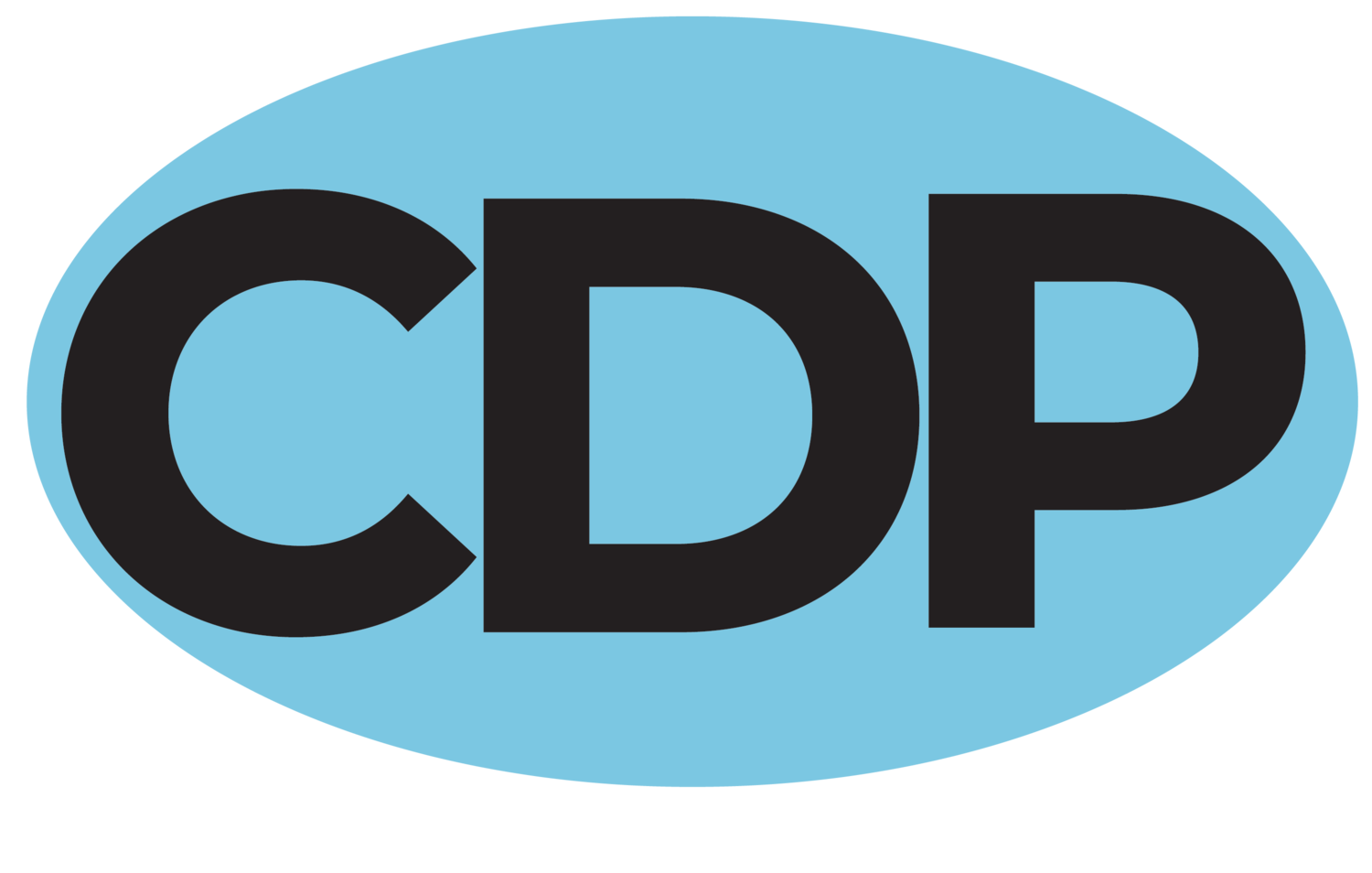Excerpts Series: Mastering the Ask
Mastering the Ask is one of my favorite trainings that we offer here at CDP.
One of the biggest fears I hear from nonprofit professionals is:
I don’t want to ask people for money.
I don’t like asking people for money.
I don’t want to just ask my friends for money.
It’s puts us in an uncomfortable space to have to request support for what we’re doing.
I want to flip the switch in your mind from feeling like you have to beg people to support you, to giving people an opportunity to come alongside you in what you’re doing. I want that switch to be flipped for you during this session today. I want you to get over the fear of asking people for money. I want you to get over the fear of feeling like you’re begging for people to support you.
When we talk about Mastering the Ask, we are going to consider these three things:
Personality types are important. Who you are, what your personality is will drive how you will naturally bend to ask people to support, but it also matters who you’re asking. We’re going to walk through that in the context of you are not going to give the same presentation to every single person in the same way. Personality types are important when we talk about asking people for money.
Social structure is significant. Secondly, we’re going to focus on social structure. We’re going to talk about what that is and why it’s significant in the context of asking people to support what we’re doing. In Mastering the Ask, social structure is significant.
Asking for a donation is asking for a sale. The third thing we’re going to look at is — asking for a donation is asking for a sale. It’s a different type of sale, but we are going to focus on what that particular sale means.
One of the things we have to get past in Mastering the Ask is that we actually have to ask people to support us. I want you to get beyond the fear, but that doesn’t get you out of asking. You are going to ask people to support you and the work that you’re doing. We’re going to talk about some specific strategies that will help ask for support without fear.
Breaking down these three principles a bit further, let’s keep in mind that we are doing so in the context of Mastering the Ask:
Personality types are important.
You need to know who you are. What is your natural bend? What personality type are you?
How are you most comfortable relaying a message, such as asking for money? We need to know that about ourselves. We need to get comfortable with our particular style and our particular approach. One size does not fit all when we talk about Mastering the Ask. People with a very gregarious personality are going to approach an ask differently than someone with a thinker type personality.
We also need to focus on who we’re asking. Even though I have my natural bend — how I would tend to approach an individual— I’m not going to approach everyone in exactly the same way if their personalities are different. We will talk through what these difference look like as we move through the training.
Social structure is significant.
We need to understand social structure as it relates to how money is viewed and used and we need to understand the rules of social structure.
Again, we need to know who we are asking as it relates to social structure.
And who we are — how do we view money? That is what social structure speaks to and we are going to talk through social structure more as we move through the training.
Asking for a donation is asking for a sale.
We are selling the organization. The product is the impact our organization makes in the community. That’s what we’re selling. I’m not selling myself. I’m not selling my abilities. I am selling the impact this organization makes in the community. That is the product that we’re selling. We are asking people to come alongside. We’re giving them an opportunity to join us in our work.
We have to be prepared.
We have to be bold. I get that this uncomfortable but we have to get beyond that. We have to be prepared. We have to be courageous, bold and have confidence in our asking.
We can learn this. Even if you’re not a natural salesperson, you are giving your most precious commodity to the work that you’re doing. If you are taking this training, if you’re listening to this session, your most valuable commodity is your time. You can’t ever get it back. Whether you’re employed by this nonprofit or whether you are volunteering your time with this organization, you are giving your most precious commodity — your time. As we Master the Ask, we are providing an opportunity for others to give their money to support the work that we’re doing. We’re not asking them to commit anything that we ourselves aren’t committing, because we are giving our most precious gift, which is our time, to this organization.
I want you to feel that sense of boldness and confidence and to build that ability through learning how to sell. With just a little bit of sales skill combined with your passion, you will be extremely successful in giving people an opportunity to come alongside and give to your organization. We’ll talk more about how to ask as we wrap up our session.


